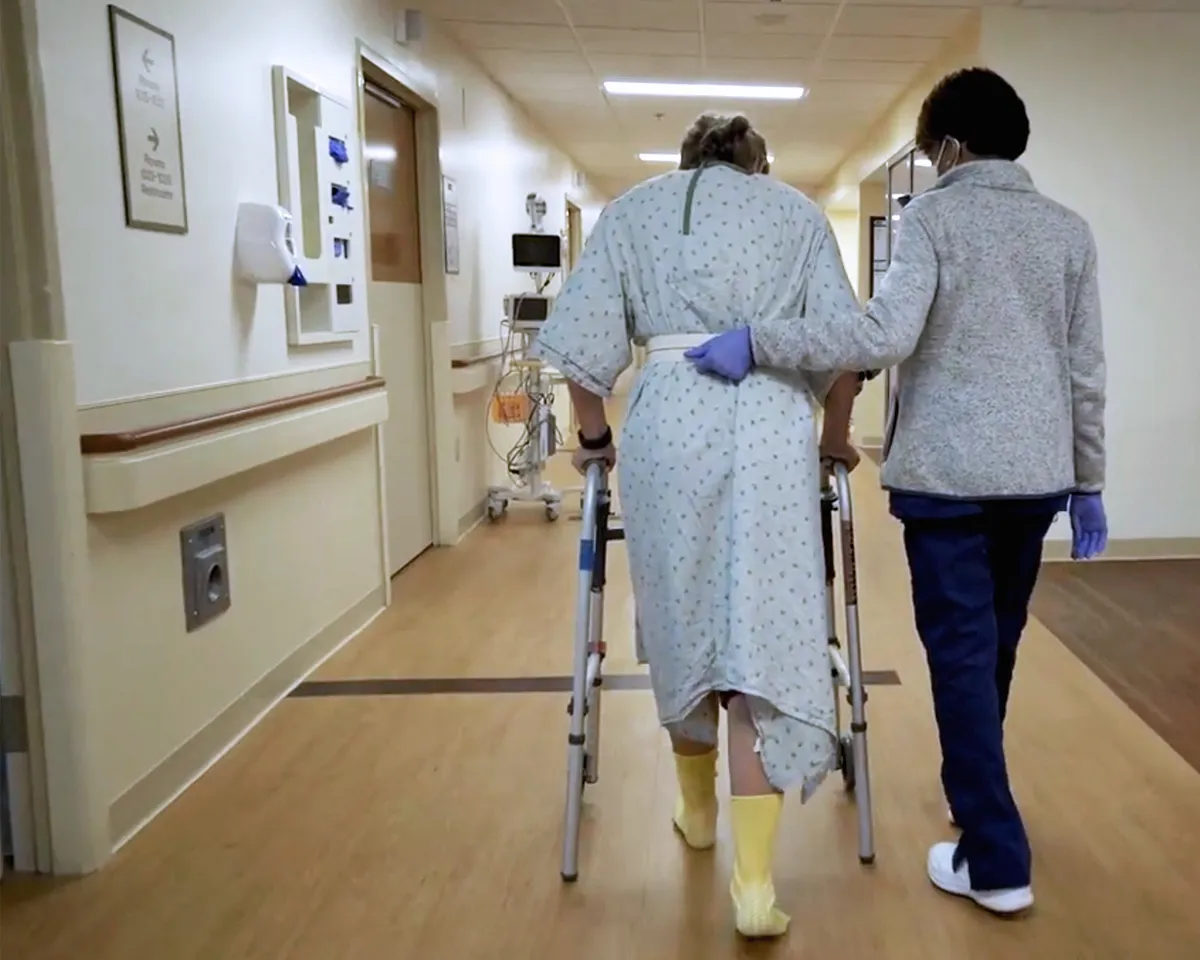Diabetes Center
Diabetes is a lifelong condition, but it doesn’t have to interfere with your quality of life. At our nationally recognized Diabetes Center, you have access to the latest treatments and medical expertise delivered by highly experienced specialists. We help you achieve your health goals and manage this complex condition so you can live life to the fullest
BJC HealthCare works with Washington University physicians, BJC Medical Group, and providers across the region to deliver extraordinary care. Here, you receive leading-edge diabetes care in a compassionate environment. We know diabetes management requires ongoing effort, so we’re here to make it easier. From nutrition to neurology, our specialists provide seamless, personalized care.
As our patient, you have access to:
Endocrinology experts: Our board-certified endocrinologists are highly respected leaders in their field. They provide the most effective diabetes treatments with a compassionate approach.
Multidisciplinary care: You receive care from multiple specialists who collaborate to provide you with comprehensive care. Our endocrinologists partner with cardiologists, neurologists, ophthalmologists and vascular surgeons.
Dedicated team: Every team member is dedicated to caring for people with diabetes. You receive care from physicians, nurse practitioners, certified diabetes nurse educators and certified foot specialists who are committed to helping you live a healthy life.
Interactive care: Research has shown that people with diabetes can benefit from group visits. During these visits, you share your experiences with other patients, talk with nurse educators and dietitians and receive one-on-one time with our physicians.
Diabetes occurs when your blood glucose (sugar) is too high. When you eat, glucose from your food goes into your bloodstream. Then, your pancreas releases insulin, a hormone that moves sugar from your blood into your cells.
Your pancreas doesn’t make enough (or any) insulin when you have diabetes. Sugar stays in your blood and cannot get to your cells. Ongoing high blood sugar can lead to health problems, including:
Eye problems or loss of vision
Foot problems, including numbness and wounds that won’t heal
Heart disease
Kidney disease
Nerve damage
Stroke
Our team diagnoses and treats all types of diabetes, including:
- Gestational diabetesGestational diabetes (high blood sugar) develops in pregnant women who did not previously have diabetes. It usually goes away after delivery.
- Type 1 diabetesYour pancreas can't make insulin, and you take insulin daily. Adults get care in our Diabetes Center, and children can find care at St. Louis Children's Hospital.
- Type 2 diabetesThe most common type of diabetes, type 2, happens when your body cannot use insulin well enough to keep your blood sugar down.
We want to make it easier for you to stick to your diabetes plan, so we choose treatments that fit your life. Our team provides a complete range of care for people with every type of diabetes.
Our registered dietitians, for example, talk with you about your food preferences and lifestyle to create a plan that’s easier to follow. Our endocrinologists provide trusted expertise on the latest and most effective medications. We focus on finding the most effective options for you.
Other diabetes treatments we offer include:
Continuous glucose monitor (CGM)
Customized diabetes education and support
Expert foot care
Insulin pumps
 Alton Memorial Hospital
Alton Memorial Hospital Barnes-Jewish Hospital
Barnes-Jewish Hospital Christian Hospital
Christian Hospital Memorial Hospital Belleville
Memorial Hospital Belleville
Schedule your appointment
Call (314) 362-9355 or (800) 392-0936 to schedule your appointment with a specialist.